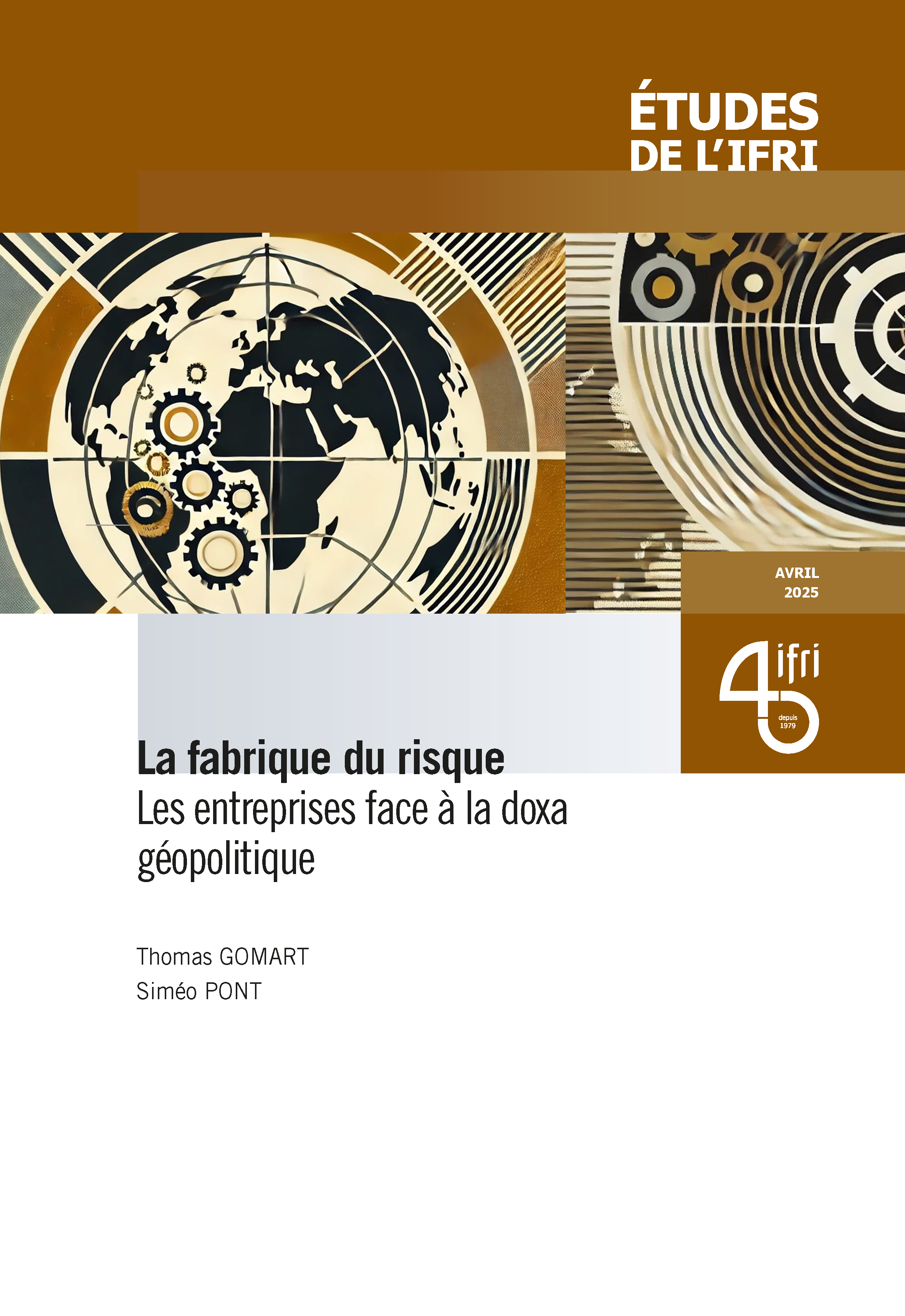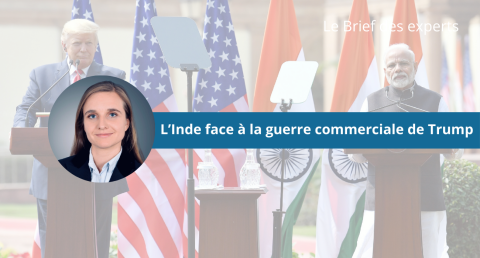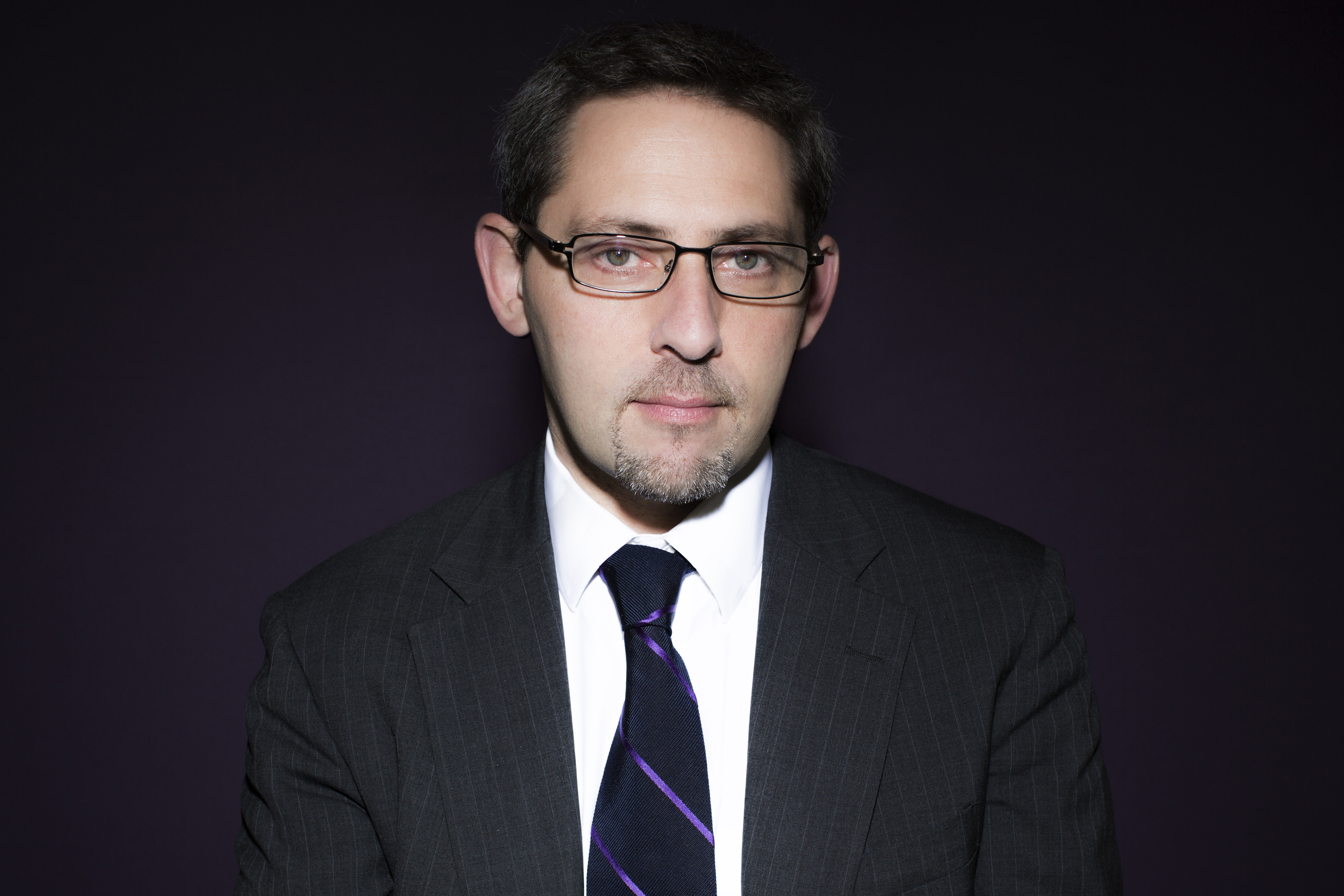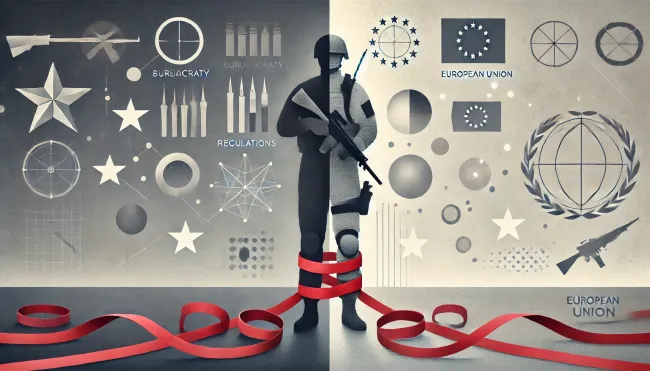Does France Have an Exit Strategy in Mali?
In spite of the thorny political issues that lie ahead, the overall success of France’s intervention in Mali cannot be denied. In just a few weeks, French troops repelled Islamist militants from population centers in northern Mali, restoring a degree of government control there. They also managed to dispel the notion that Europeans are necessarily inward-looking, bereft of significant military capabilities, and incapable of using force. But if the American debacles in Afghanistan and Iraq are any guide, Paris now faces a much more daunting challenge: turning its tactical achievements into a lasting victory or, at the very least, getting out of the country smoothly.
On the surface, an exit strategy is already in place. A force dispatched by the Economic Community of West African States and Chad is supposed to replace the French, and an EU training mission will try to reconstitute the Malian military. But those efforts are likely to fail in Mali as they have elsewhere, since they are technical answers to what is at heart a political problem. Going forward, France needs to focus on the local political process and strike the right balance between two equally dangerous options: an immediate withdrawal and a drawn-out, large, and highly visible occupation.
The situation in Mali presents France with a number of challenges. Terrain is the first. Northern Mali, and indeed the whole Sahel region, is a vast and austere desert. The French will find it frustratingly difficult to chase after elusive militant groups, given that there are not enough drones or other intelligence, surveillance, and reconnaissance platforms around. France also does not have the troops to “clear, hold, and build” in the north, as a counterinsurgency campaign done by the book would require, nor does it have enough money to keep a few thousand soldiers in the country indefinitely. The fact that al Qaeda in the Islamic Maghreb (AQIM) and its allies have detained Western hostages, including seven French nationals, will also complicate matters for French President François Hollande.
Beyond such tactical questions, France must also look to some larger political and strategic challenges. Strategically, Paris needs to prevent an insurgency on the part of the Tuareg, who as a distinct ethnic group have regularly demanded more autonomy from Bamako, and have at times taken up arms to that end. Aside from recent suicide attacks in Gao, there has not yet been much popular resistance to the French presence. But that could change if the French overstay their welcome and do not help reconstitute a Malian state that is acceptable to most of the population, including the Tuareg. If an insurgency were to coalesce, France would have to worry about Mali’s porous borders and its unhelpful or powerless neighbors, some of which are likely to provide the insurgents with shelter.
Politically, the most important short-term task for France is to prevent acts of revenge and massacres against Tuareg and other minorities in the north at the hands of the dominant African ethnic groups or factions of the Malian military. In the longer run, the objective will be to avoid a full breakup of the country, which may require pacifying northern Mali by granting it a degree of autonomy. Political engineering on this scale will require real knowledge of local politics, significant expertise in governance and development, major military and financial resources, and a whole lot of patience. If this sounds like a tall order, that is because it is: How could France succeed in doing what the United States, with all its power, failed to accomplish in Afghanistan?
Yet hasty comparisons can be misleading. In Mali, where tolerance has generally prevailed, there is no equivalent of Afghanistan’s combination of the radical Deobandi brand of Islam with the strengthening of jihadist beliefs that took place under the Soviet occupation. Unlike the Pashtuns, who make up almost half of Afghanistan’s population and fueled the insurgency there, the Tuareg are a small minority in Mali. They are also divided among themselves -- the Tuareg living in the Niger valley, who descend from slaves, have no wish to be ruled again by the nobles of the northeast, their forebears’ masters. And unlike Pakistan in the Afghan war, Algeria seems unlikely to provide an active sanctuary for AQIM and its allies, the groups that it found so hard to expel in the first place.
What is more, France is no stranger to Mali, one of its former colonies, where French has remained the administrative language. There is also a sizable minority of French citizens and residents who have family connections to Mali. All this should help France as it struggles to understand Malian society, gather intelligence, and win domestic support for its operation. As recent polls have shown, the French have been much more likely to recognize the need for action in Mali, even in the face of casualties, than they ever were in Afghanistan.
At this early stage, there appear to be three possible scenarios for the future of France’s involvement in Mali. First, the temptation to declare victory and run will be strong. If the French leave too early, however, the stabilization process spearheaded by African forces is liable to collapse, leading to a de facto partition of the country. The operation would then have been for nothing, ending in an inglorious exit from another failed Western intervention.
Paris understands the consequences of such a move, and thus it might instead try to salvage the situation by making a renewed and deeper commitment to Mali. The problem with this second scenario, however, is that France risks staying for too long and becoming embroiled in local politics. The French could fail in their efforts to remain neutral between the country’s different stakeholders, as they did in the early stages of their peacekeeping intervention in Ivory Coast, from 2002 to 2005. Their actions could appear biased in favor of the African majority living on the south side of the Niger River, thus helping some sort of Tuareg insurgency aided by jihadi movements take root, to the point where the problem would essentially become intractable.
Ultimately, however, a large and protracted French operation in the Sahel region seems unlikely. Paris simply lacks the money and troop numbers for a prolonged counterinsurgency campaign and occupation. France’s fractious political culture also makes its public highly unlikely to accept an indefinite counterterrorism campaign relying on special operations and standoff drone strikes -- even if France were able to acquire a fleet of unmanned aerial vehicles to begin with. Since a full-blown counterinsurgency or counterterrorism campaign in Mali would produce tremendous political and financial pressure at home, this second scenario would eventually bring France back to the first one: an inglorious exit.
A middle road is possible. In this scenario, France could avoid the pitfalls of leaving too suddenly or becoming too entrenched in the region. The trick is for Paris to help nurture the Malian political process, based on a realistic understanding of the society, while avoiding any highly visible meddling, such as installing a leader of its choice. Most of all, France must avoid turning its tactical goal -- chasing terrorists -- into a default strategy.
If it sticks to focusing on political outcomes, France could become the guarantor of a stable balance in Mali. That would be quite difficult and would require not just organizing fair elections but also solving the political vacuum in Bamako, finding credible local interlocutors in different parts of the country, and going some way to alleviate regional grievances without alienating the bulk of the population. This path will be challenging, but it is the only way to ensure that the intervention in Mali turns out to be a lasting success.
If things play out well, France may end up keeping a few boots on the ground in Mali for a long time to come, but under the political radar, as it has in several African countries such as Chad. That may smack of neocolonialism to some, and they would be partly right -- a light but enduring footprint has indeed proved a stabilizing legacy of colonial times. Paris should be under no illusion that it can fully build up the Malian state or solve the jihadi problem in the Sahel. Still, between the bad options of a hasty exit and a grandiose but unrealistic attempt to direct Mali’s political future, a balanced and low-key approach might just meet the standard that the Americans are currently striving for in Afghanistan – “good enough.”

Contenu disponible en :
Régions et thématiques
Utilisation
Comment citer cette publicationPartager
Centres et programmes liés
Découvrez nos autres centres et programmes de rechercheEn savoir plus
Découvrir toutes nos analysesSous le feu des normes : comment encadrer sans désarmer la défense européenne ?
Face à la diversité et la complexité de l’environnement normatif, le secteur de la défense doit pouvoir faire valoir sa singularité militaire. Dépassant une approche par la seule simplification, qui a montré ses limites face au caractère incontournable des normes juridiques et techniques à l’international, un équilibre est nécessaire entre un « trop-plein normatif » et l’absence de normes.
La brigade franco-allemande et la relance de la défense européenne
Une chose est claire depuis le retour de Donald Trump à la Maison-Blanche : le projet d’unification européenne est menacé dans son existence même. À moins d’élaborer une politique de défense souveraine pour parer à la guerre en Ukraine et à l’affaiblissement des garanties de sécurité américaines, l’Union européenne verra se poursuivre l’érosion de sa dynamique de cohésion interne et de son attractivité externe.

Daech au pays des merveilles
Ce livre mêle fiction et non-fiction. Il invite à réfléchir, de manière originale, aux effets de polarisation engendrés par la multiplication des attaques terroristes. Il tire la sonnette d’alarme sur les fragilités de la France, exacerbées par les extrémistes de tous bords.
Une base industrielle de défense transatlantique ? Deux analyses contrastées
L'évolution du paysage de la coopération mondiale en matière de défense met la relation transatlantique au défi. Alors que les tensions géopolitiques augmentent et que l'environnement de menaces devient plus complexe, la capacité de l'Europe à assurer au mieux sa sécurité tout en maintenant sa relation avec les États-Unis est devenue primordiale. Ce Focus stratégique offre deux points de vue contrastés sur la dynamique des relations industrielles de défense entre les États-Unis et l'Europe, en soulignant les défis et les opportunités qui attendent les deux parties.












